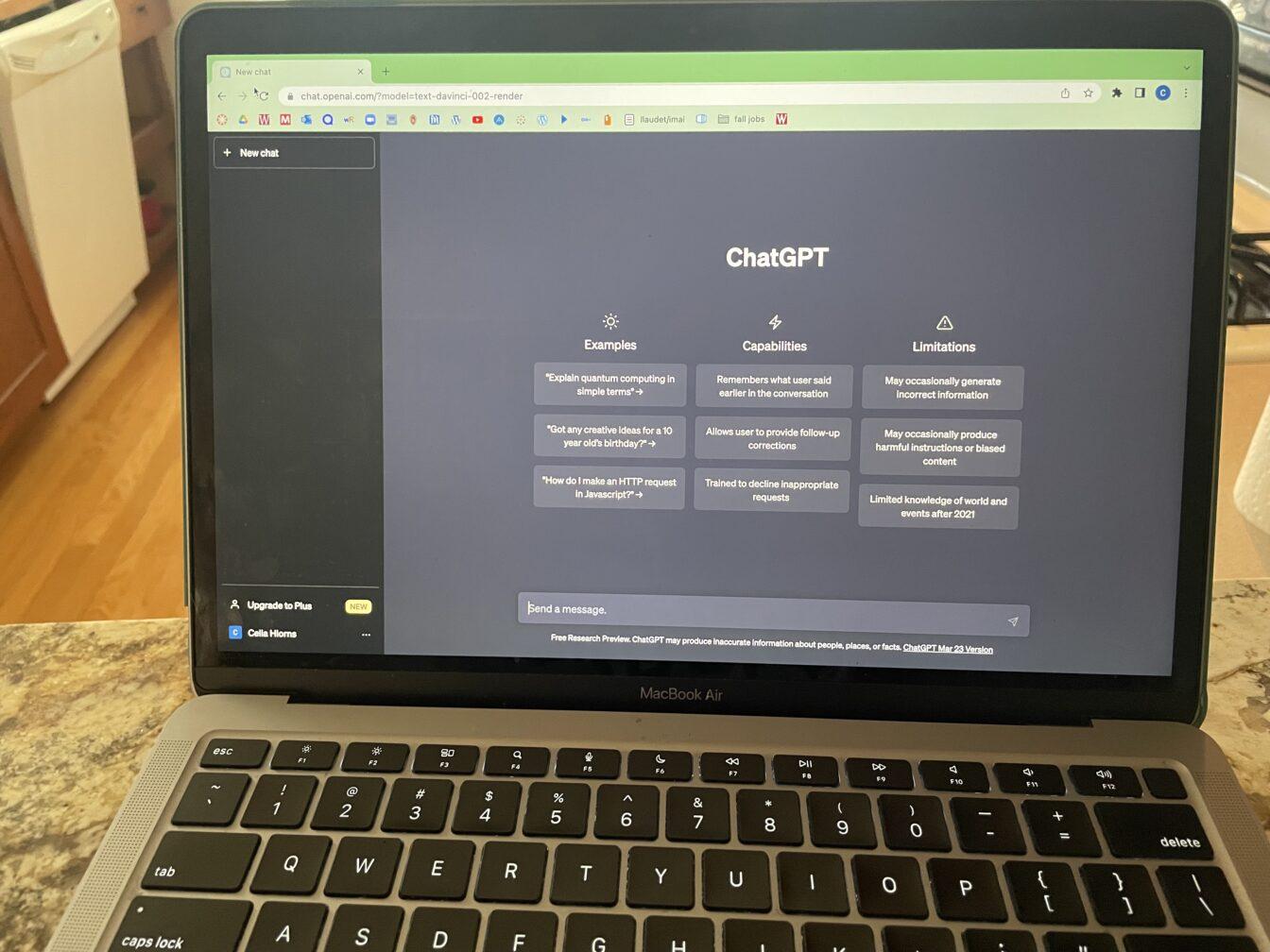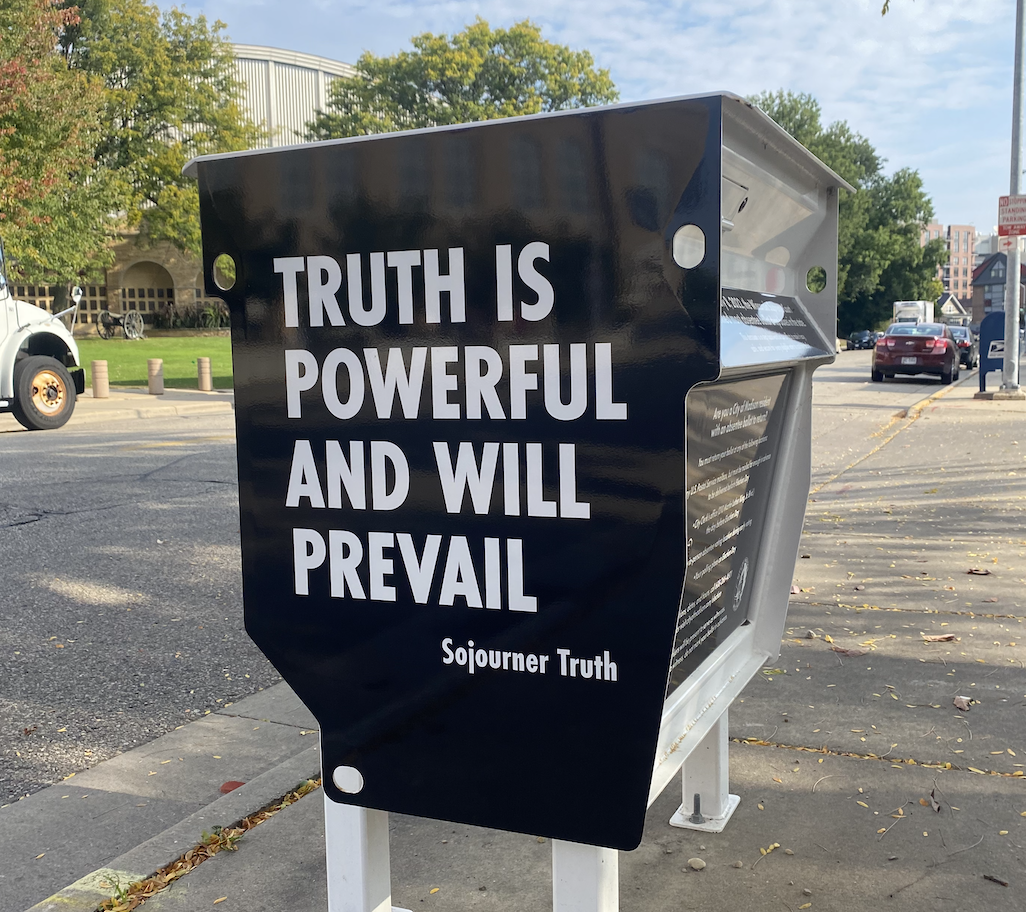Law enforcement has been placed under unprecedented scrutiny in the past few years and while oversight is necessary, a new bill proposed in state Legislature takes it to an extreme.
Republicans in the state Legislature have proposed a bill that creates a new committee to regulate technology used by law enforcement. This committee is intended to serve as a law enforcement watchdog with unilateral subpoena power and the ability to access police investigation records and John Doe proceedings. Additionally, the committee will monitor the transfer of surveillance technology and military weapons between law enforcement agencies.
Bill would give lawmakers access to secret John Doe investigations
Supporters of the bill claim the committee will ensure law enforcement properly conducts surveillance and investigations. The new committee is intended to protect citizens’ civil liberties by assuring surveillance technology used in investigations does not infringe on their privacy. Rep. David Craig, R-Big Bend, author of the bill, said “the rapid expansion of technology is something we have to be very, very vigilant on.”
The underlying argument behind the bill seems to concern the protection of civil liberties against law enforcement and the technology it employs.
Despite these arguments, the new committee is unnecessary given the facts surrounding surveillance conducted by law enforcement.
To start, the proposal suggests unlawful surveillance by law enforcement is a common issue in Wisconsin and thus needs regulations. This simply is not the case. Improper use of surveillance technology is a rare occurrence and the lack of any lawsuits against law enforcement on these grounds emphasizes just how unnecessary the new committee is.
The bill’s supporters could argue the committee is currently unnecessary, but that does not mean the committee won’t fulfill its role in the future. In this sense, the committee is more of a proactive measure to monitor law enforcement rather than a reactive response to violations of liberty.
Despite the possibility of the committee being necessary in the future, the powers granted to it pose a much greater risk to civilian liberties than the imagined threat it is intended to prevent.
Providing the Legislature with access to records of law enforcement’s investigations is especially dangerous considering this power extends to John Doe cases.
John Doe investigations are a crucial element of Wisconsin law, providing investigators with the necessary power to compile evidence from witnesses while maintaining secrecy.
John Doe cases also encompass political corruption, meaning the new committee could subpoena access to records that may potentially relate to corruption cases involving the Legislature. Unlike normal subpoenas issued by the Legislature, subpoenas of this sort would not require the approval of the chief clerk of the Senate. The committee would thus be a mechanism for the Legislature to suppress dissent and defend itself from investigations targeting corrupt lawmakers.
This exemption, along with the new committee proposal, provide the Legislature with powers that should be exclusive to the judicial branch and its subsidiary law enforcement elements. The distinction between legislative and judicial powers is crucial to maintaining a functioning government, allowing the different branches to check one another. The new committee would further immunize the Legislature from investigations into its potentially unlawful actions. Such immunity contradicts basic principles of American democracy, granting the state Legislature unnecessary powers that should be exclusive to the judiciary.
Lastly, the proposed committee would infringe on the liberties it was intended to protect. Until there is substantial evidence that demonstrates law enforcement’s technology has infringed on civil liberties, the committee’s power to access private records will pose a much greater threat to an individual’s privacy.
Despite the dangers of law enforcement surveillance technology, creating a committee with subpoena powers that require no outside authorization and access to previously private records is significantly more dangerous. The committee is an unnecessary solution to an imagined problem, overstepping the limits of legislative power and essentially immunizing the Legislature from investigations on its behavior.
William Malina ([email protected]) is a sophomore majoring in philosophy and political science.














